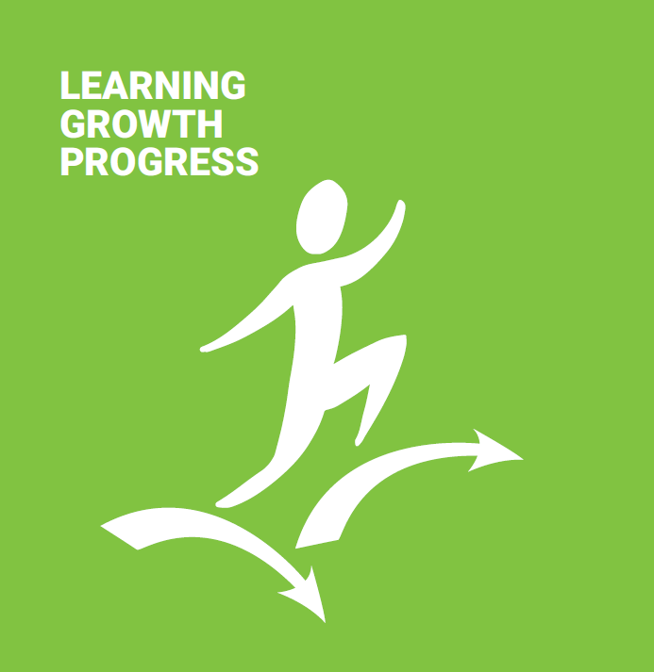
To create a learning culture, you have to admit failure. It's as simple as that. You can't claim to encourage skill acquisition, growth and progress without accepting that people will make mistakes - because it's human nature not to get everything right, right away. The first thing to do is to create a climate in which people feel secure and confident enough to dare to experiment with new things - even if it means sometimes being reckless. It saddens me when I see teams whose momentum has died down or been stifled. If you encourage them to take risks, they are capable of transforming themselves into incredible learning laboratories.
There's a rule of thumb, expressed by the formula 70-20-10, that 70% of learning is based on concrete experience (mainly daily tasks), 20% on exposure to more informal situations involving interaction and cooperation with others, and only 10% on formal education (e.g. courses and other structured training). In other words, 90% of all learning opportunities are linked to teamwork! Knowing that learning contributes greatly to people's employability, it's easy to conclude that teams that foster it are better equipped than others to attract, develop and retain talent.